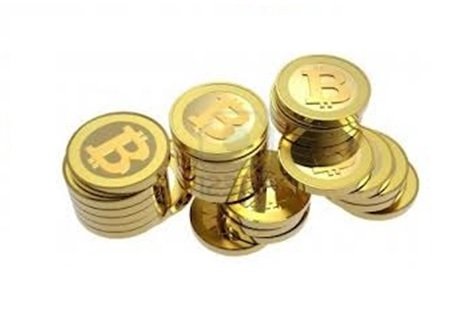Thoughts on Bitcoin's supply cap

Bitcoin's supply is capped at 21 million, and that sounds pretty great in some respects. There will only ever be at most 21 million coins, and guaranteed less than that will actually be in circulation. If you buy in, your Bitcoin could grow in value and in a couple years it has the potential to be worth a lot more than what it is now. If it starts becoming worth too much, we'll just frame our units to be sub-Bitcoin, all the way down to Satoshis if we have to. What's not to like?
There's a problem though: this supply cap makes Bitcoin inherently deflationary. This might be ok for assets (which I would argue Bitcoin is), but it's actually a real problem if you want to view Bitcoin as a currency.
For one, if you believe Bitcoin is going to go up in value over time are you more willing to spend it right now, where it can enter and circulate around the economy, or later, when it could be worth even more? You'd probably be tempted to hold onto it, right? And even if you personally are willing to spend it, that doesn't mean everyone would be. As a result the currency in circulation would be reduced and less would be getting spent, which could spiral as part of a depression (most deflationary periods in currency are associated with depressions).
But there's an even bigger problem: increase in debt. Let's say I sell you a house for 100 BTC, and you take out a mortgage to pay it over time. Since Bitcoin is deflationary, by the time you're done paying it off the house may have reduced in value, let's say to 75 BTC for simplicity. That means you lost 25 value of BTC by buying the house, and it would only get worse over time (in another few years it could only be worth 70 BTC). If that's going to be the case, why buy the house in the first place?
And therein lies the problem. Bitcoin doesn't work as a fiat replacement or even very well as another currency because of this built-in deflation. Right now it has other utility that draws people to using it, like the fact that you can send it very easily across borders, or the fact that it's secured by a public ledger that verifies all transactions but still allows for some relative anonymity, or the fact that it creates a store of wealth for people in countries where the currency is having other problems. It's a great technology in it's own right, and has a lot of potential value it can provide to people, but as a full currency replacement it's going to cause problems.
I think as an investment asset Bitcoin works pretty well. It's insanely volatile but if you're willing to take the risk the potential for profit is pretty huge. But if we want to treat it as a full-fledged currency with it's own economy, I just don't think it would work in it's current state.
What do you think? Am I wrong, or do you agree? Let me know in the comments.